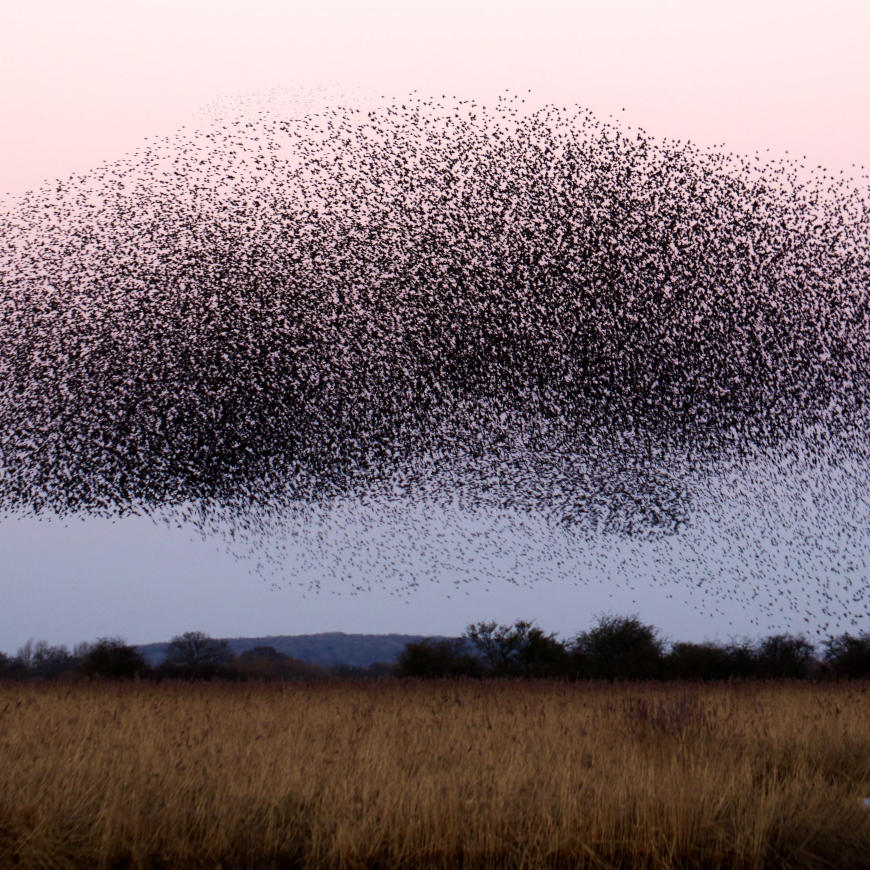U.S. Fish and Wildlife Service Finalizes Eagle Take General Permit Framework
On 12 February 2024, the U.S. Fish and Wildlife Service (Service) published long-awaited revisions to its eagle take permitting regulations under the Bald and Golden Eagle Protection Act (the Act). The new rule allows qualifying projects such as wind energy facilities and transmission lines to rely on general eagle take permits rather than applying for project-specific, discretionary take authorization. The rule is meant to increase the efficiency and effectiveness of permitting while supporting conservation benefits for bald and golden eagles. The final rule carries forward many of the concepts proposed in the draft rule that [...]



